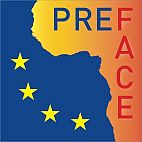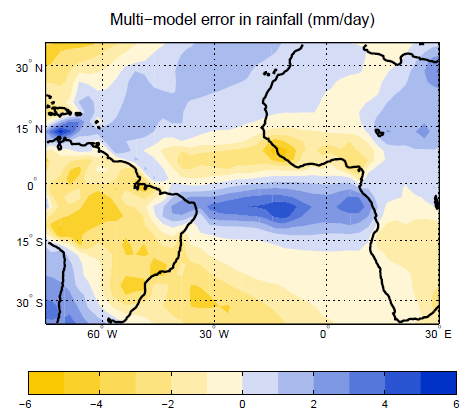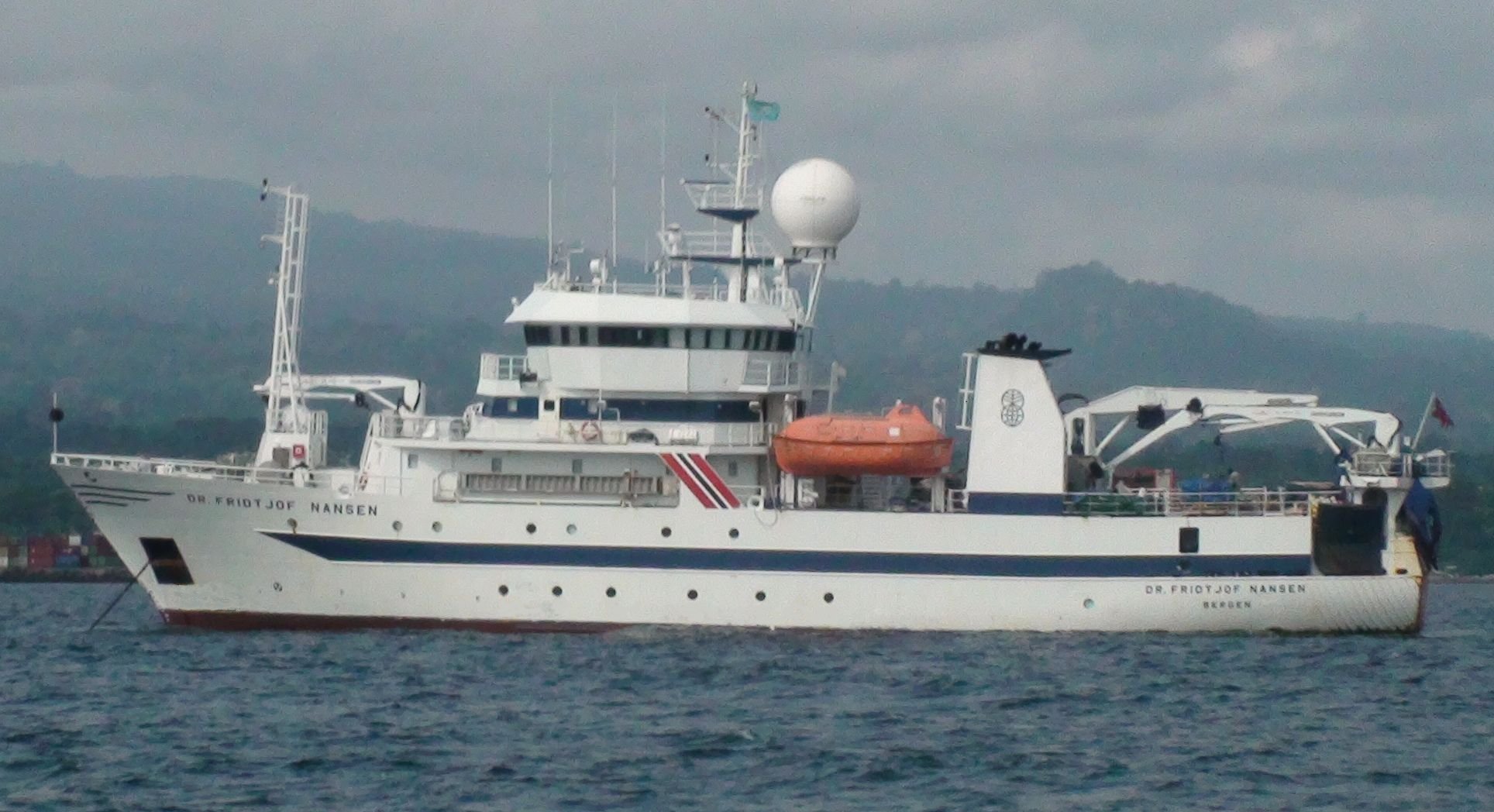This page is currently under maintenance. Apologies for inconvenience caused.
Use the links below for an overview of observations; models worked with and experiments performed in PREFACE; get access to data portals; read PREFACE publications; and discover some of the project’s scientific highlights.
WP13 socio-economic surveys data
Surveys have been conducted in Senegal and Cape Verde from March to May 2015 and from December 2015 to March 2016, respectively (Milestone 52). Data for Senegal includes artisanal fishing as well as processors and retailers. Data for Cape Verde includes both industrial and artisanal fishing as well as retailers. This was decided due to the different realisations of the wider-fishing-industry in the two countries: while the processing sector is small and dominated by only two large firms in Cape Verde (personal source, INDP), it is a diverse sector dominated by numerous small processors in Senegal. On one hand, the industrial and artisanal fishing sector in Cape Verde are equally significant with regard to landings (42% artisanal and 58% industrial), while the dominant sector in Senegal is the artisanal one and the number of Senegalese industrial vessels has decreased continuously (81% artisanal and 19% industrial). The data has been cleaned and is ready for use. However, the data has not been collated into one database. It was decided to keep them separate, since the different stratified samplings as well as national differences stand against a general aggregation of the data. A comparison of the two datasets is certainly feasible, but a simple aggregation is not advisable. The data is available upon request.
The data collected for both countries include:
- Socioeconomic data
- Enterprise data (cost, investment, revenues)
- Perceptions of climate change
- Perceptions of fishing regulation in the area
- Credit market data
For Senegal, data from 691 participants was collected, of which 485 are artisanal captains, vessel owners or both, 98 are processors and 108 are retailers. Within each sector, we stratified according to landing site and gear, as gears are very diverse in Senegal.
For Cape Verde, a total sample of 670 participants was collected, of which 343 are artisanal captains, vessel owners or crew members, 146 are idustrial and 181 are retailers. The targeted locations were Sal, Santiago and São Vicente because of their importance for the fishing industry and because they adequately represent the two geographical regions of Sotavento and Barlavento. The diversity of gears used is a lot smaller than in Senegal, such that it was not necessary to stratify according to gear.
Currently (early 2017) ongoing is a pre-test of the questionnaire adapted to Nigeria.





